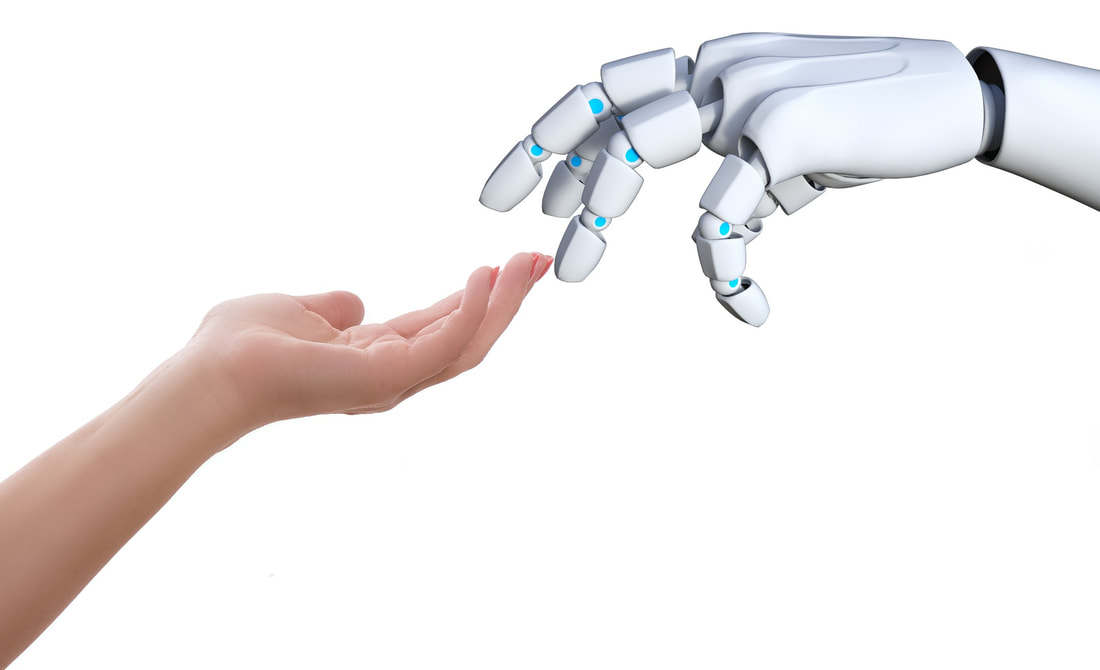|
Machines are now capable of independent innovation, but should a machine be named as the inventor? Machines do not have legal personalities but does the public have the right to know who (or what) actually conceived of the invention?
Why it matters: According to an article published in Artificial Intelligence Technology and The Law, there has been a steady increase from 2008 to 2017 in issued patents in fields such as artificial intelligence, neural networks, and machine learning. It’s easy to fathom that this trend will continue and likely exhibit increasing complexity while requiring less human input into the resultant innovation. The big picture: The United States Patent and Trademark Office in the Manual of Patent Examining Procedure states that "The threshold question in determining inventorship is who conceived the invention. Unless a person contributes to the conception of the invention, he is not an inventor.” • A machine named DABUS was recently listed as the inventor on two European patent applications EP18275174.3 and EP18275163.6. In both cases, during appeal, the application was rejected for failing to designate an inventor in compliance with the European Patent Convention. These decisions raise a few questions: 1. In the absence of machine legal personality, should a company or an otherwise owner of the machine be listed as the inventor? If yes, does listing the owner of the machine (as opposed to the actual machine) as the inventor truly comply with the rule of the various patent offices? 2. In a world where machines can be listed as inventors, how do we prevent companies from listing the machine (potentially easier legally because more “control”) and bypassing a true human inventor? 3. What do the frameworks look like for determining machine inventorship? • There is huge upside for machine-driven innovation in fields such as drug discovery, pathology, diagnostics, and big data analytics. However, at least for drug discovery and related disciplines, human intervention in the innovation process remains critical for identifying synthesizable, efficacious, and safe compounds. The bottom line: So at least for the time being, the answer to this question while important, lacks urgency and depends on more thought and information. Go deeper: The Artificial Inventor Project
3 Comments
Michael J. Ram
3/8/2020 01:24:52 pm
In response to: "The bottom line: So at least for the time being, the answer to this question while important, lacks urgency and depends on more thought and information."
Reply
3/8/2020 04:32:21 pm
Hi Michael, Thank you for your comment! While this blog post does not discuss the patent eligibility of software innovations, I do agree that these innovations do need to be patent eligible. Regarding your comments on inventorship, while I agree that this is currently the protocol, the facts of the DABUS case discussed in the blog post (more details in the file histories of the respective cases) do not follow this paradigm and as such, suggest that a new paradigm of inventorship is needed (the subject of the blog post). Thank you again and have a great Sunday evening.
Reply
David Cohen
3/9/2020 10:49:03 am
Reply
Leave a Reply. |
Ashley Sloat, Ph.D.Startups have a unique set of patent strategy needs - so let this blog be a resource to you as you embark on your patent strategy journey. Archives
July 2024
Categories |


 RSS Feed
RSS Feed